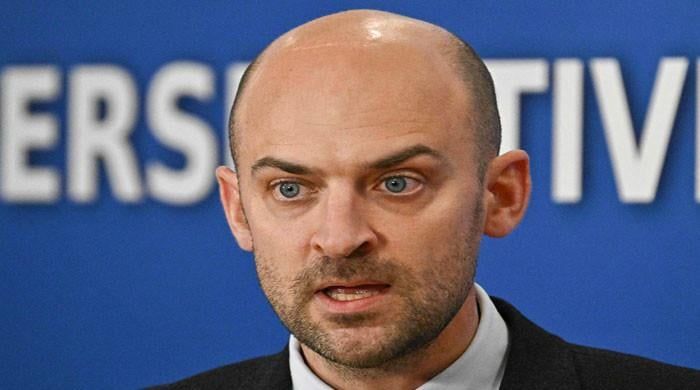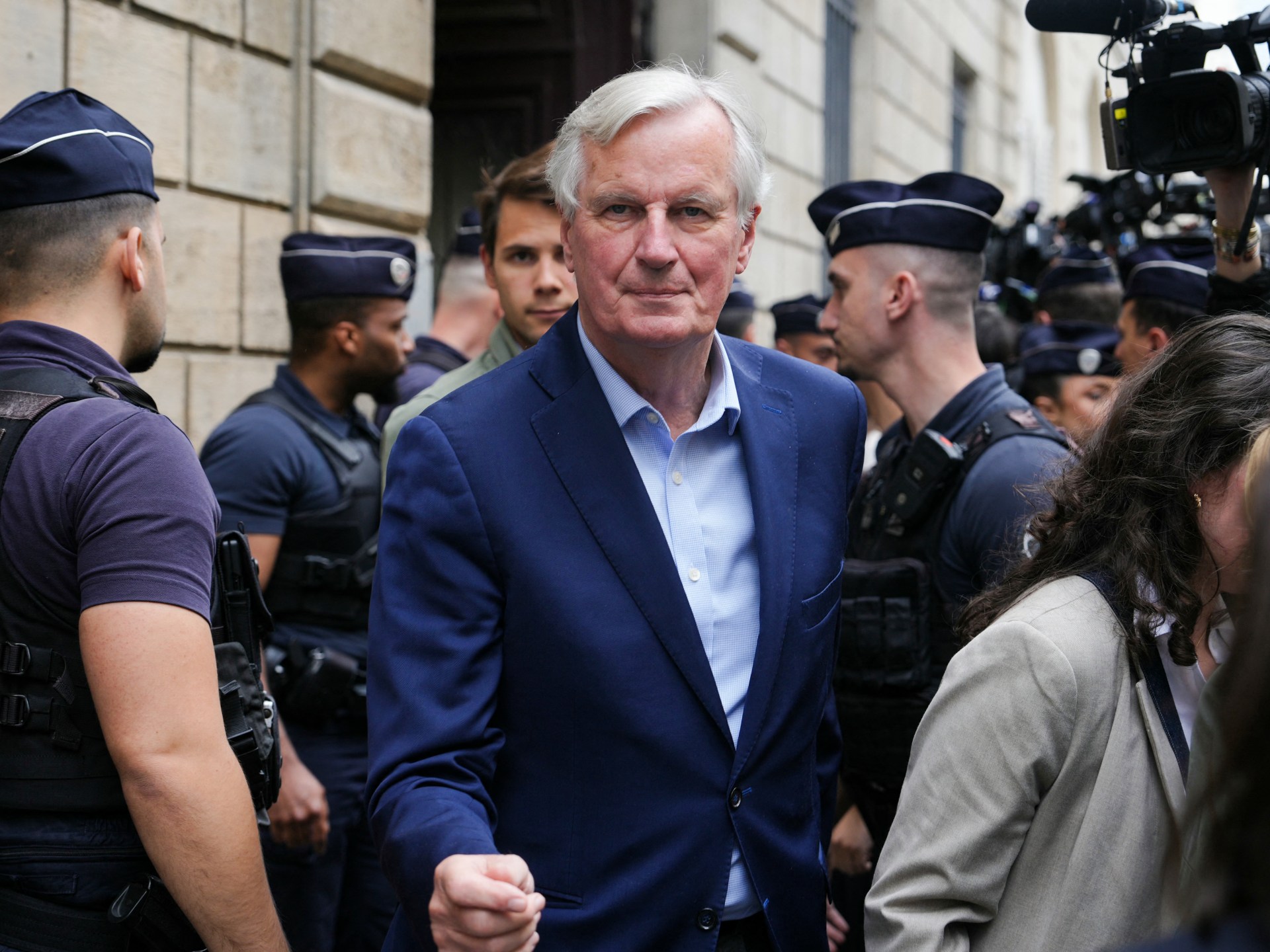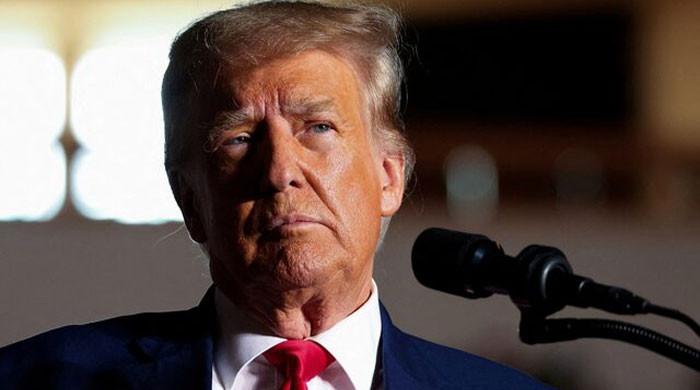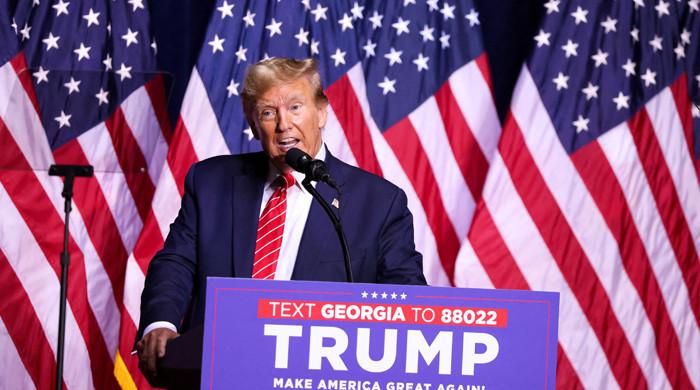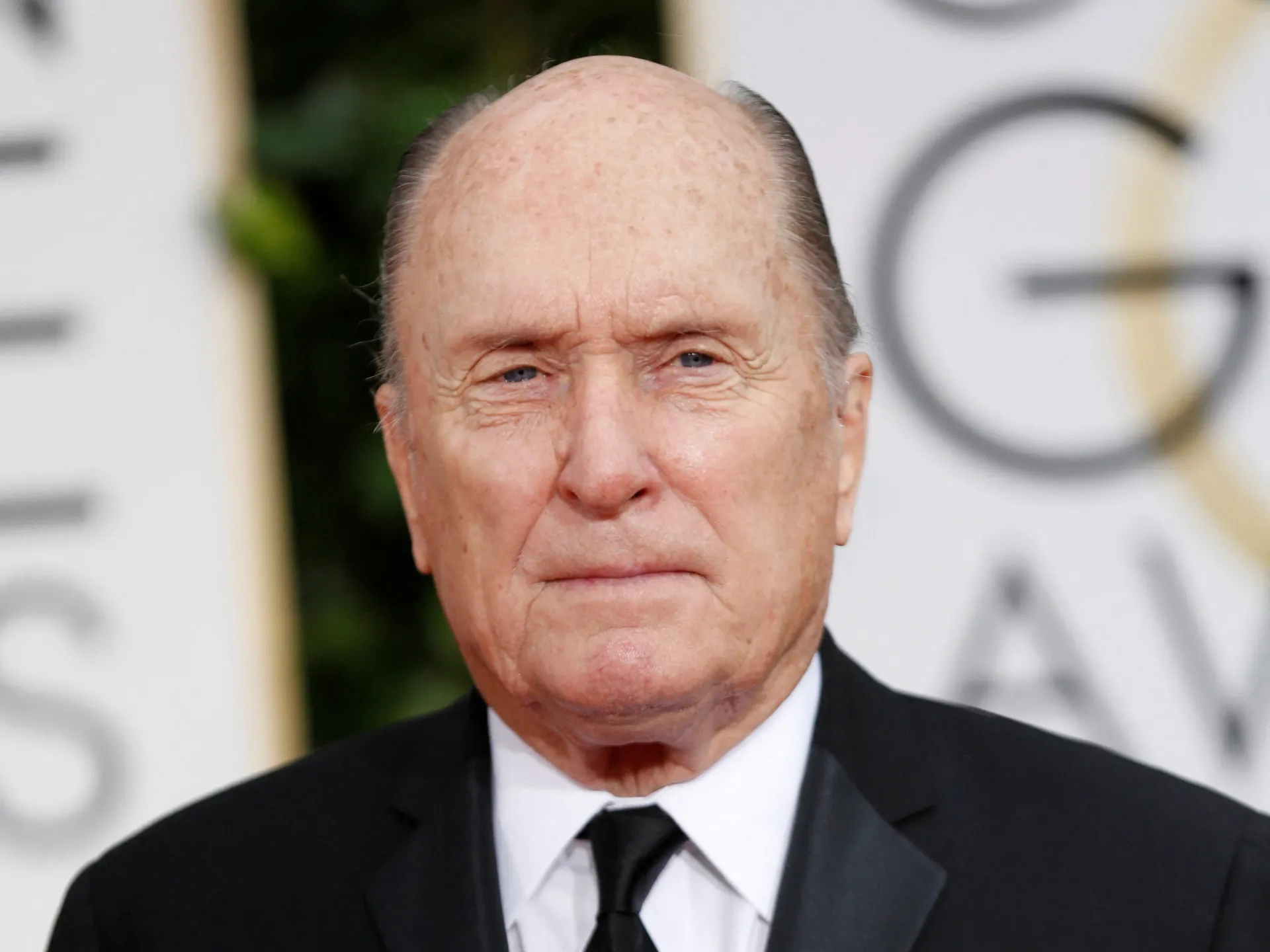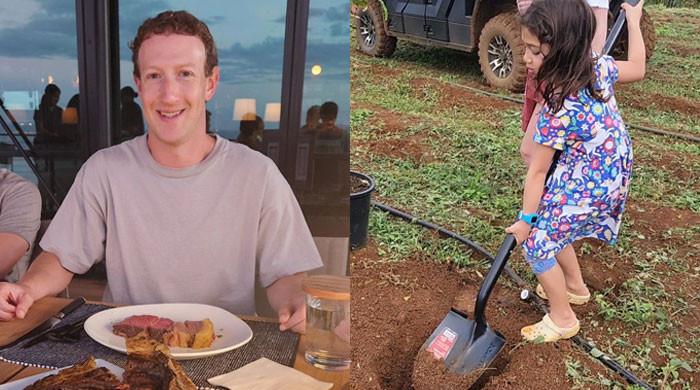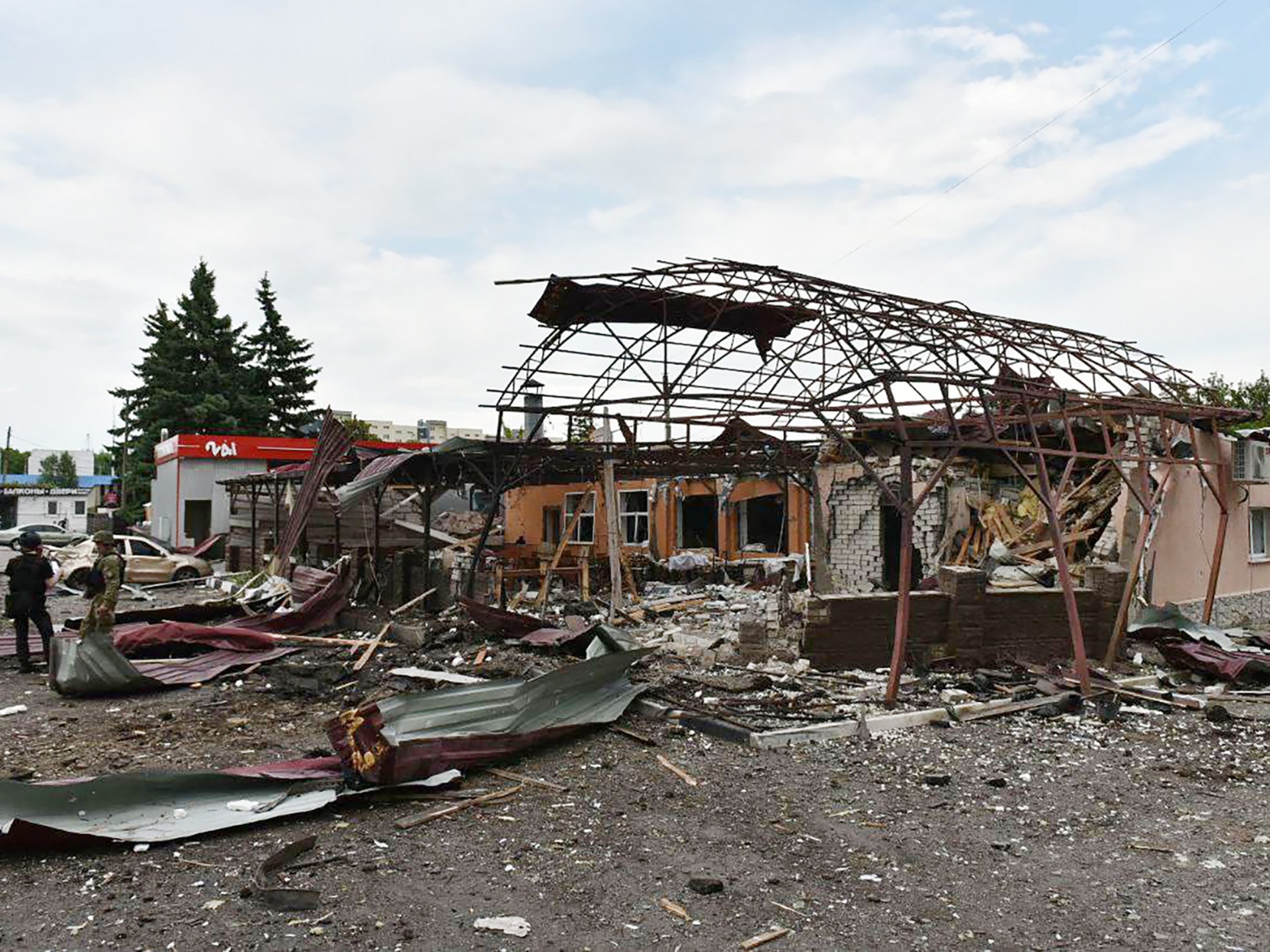United Nations: France, Germany and the United Kingdom will not hesitate to reimpose sanctions against Tehran if European security is threatened by Iran's nuclear program, French Foreign Minister said on Monday in the United Nations.
“Iran has crossed all the limits that had committed to respect,” and the country “is about to acquire nuclear weapons,” said Jean-Noel Barot from journalists after a closed meeting of the non-proliferation security council, which he had summoned.
“There is no military solution to the Iranian nuclear problem. There is a diplomatic path to achieve it, but it is a narrow path,” he added.
Barrot expressed the hope that the ongoing negotiations between Tehran and Washington on the subject would bear fruit, adding that France, Germany and the United Kingdom were in “close contact” on the subject with the Secretary of State of the United States Marco Rubio.
The highest level conversations in years among the enemies of a long time Washington and Tehran are pointing to a new agreement that would prevent nuclear weapons from developing, an objective that Tehran denies pursuing, in exchange for relief of the sanctions.
The president of the United States, Donald Trump, withdrew from an anterior multilateral agreement on Iran during his first term.
“It is not necessary to say that at the expiration of the Iranian nuclear agreement … if the European security interests are not guaranteed, we will not hesitate for a single second to re -apply all the sanctions that were built 10 years ago,” Barrot warned.
Last week, Rubio urged the three European states to decide whether to trigger the “Snapback” mechanism under the 2015 agreement, which would automatically restore UN sanctions to Iran on their breach.
The option to use the mechanism expires in October.
A return of sanctions would have “devastating effects on the country's economy. This is not what we want, and that is why I solemnly ask Iran to make the necessary decisions today to avoid the worst,” Barrot said.
Currently, Iran enriches the uranium at 60 percent, well above the limit of 3.67 percent imposed by the 2015 agreement, but still below the 90 percent threshold required for the weapon degree material.
Speaking together with Barrot, the director of the OIEA, Rafael Grossi, also emphasized that an agreement with Iran was crucial.
“It is not a matter of months or years, it may be a matter of weeks in which the world can really reach something that is feasible, it is feasible and, above all, avoids the spectrum of more military conflicts,” he said.

